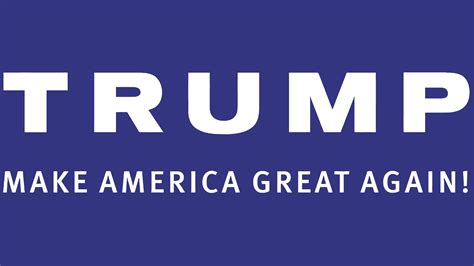For the second time, President Donald Trump has made headlines by announcing the withdrawal of the United States from the World Health Organization (WHO). This decision could have far-reaching implications not only for global health but also for the security and well-being of Americans.
The World Health Organization, an essential global health and humanitarian organization, plays a crucial role in eradicating diseases, tracking outbreaks, and setting international health standards. Established in 1948 with significant U.S. involvement, WHO has been instrumental in saving lives worldwide through initiatives like smallpox eradication and near-eradication of polio.
### The Impact of U.S. Funding Withdrawal
**
“For over seven decades, WHO and the USA have saved countless lives,”
** -WHO statement
While Trump cited financial reasons for the withdrawal, experts warn that cutting funding to WHO could weaken its efforts globally. The United States is currently WHO’s top donor, contributing approximately $1.25 billion in 2022–2023. Without this support, WHO may be forced to downsize operations or reduce critical services.
### Expert Insights: Paul Spiegel on WHO’s Role
In a conversation with Paul Spiegel from Johns Hopkins Center for Humanitarian Health:
#### Why WHO Matters:
**
“WHO sets global health standards…provides vaccinations…and helps during humanitarian emergencies.”
**
#### Impact of U.S. Withdrawal:
**
“The United States is the largest funder by a long shot…they’re going to have no choice but to either close down offices or let people go.”
**
### Consequences on Global Health
As the largest contributor to WHO, America’s exit could disproportionately affect vulnerable populations in countries relying heavily on WHO assistance – particularly in Africa and parts of Asia where healthcare infrastructure is limited. Cutting back on programs can severely impact disease prevention efforts and emergency response coordination.
### National Security Concerns
Withdrawal from WHO puts Americans at risk by hampering access to vital disease data and weakening collaboration between organizations like CDC and international partners like WHO. This move may hinder disease surveillance efforts which are crucial for predicting and containing potential outbreaks worldwide.
### Scientific Research & Diplomacy Fallout
By severing ties with WHO, the U.S. risks losing opportunities for collaborative research projects facilitated by this global entity. Additionally, American participation at forums like the World Health Assembly would diminish significantly without U.S. representation – potentially allowing other nations like China to exert more influence over critical decisions affecting global health policies.
In conclusion, while Trump’s decision aims to address financial concerns regarding international contributions, withdrawing from such a pivotal organization as WHO could have profound repercussions on both global health stability and America’s standing as a leader in scientific cooperation.

